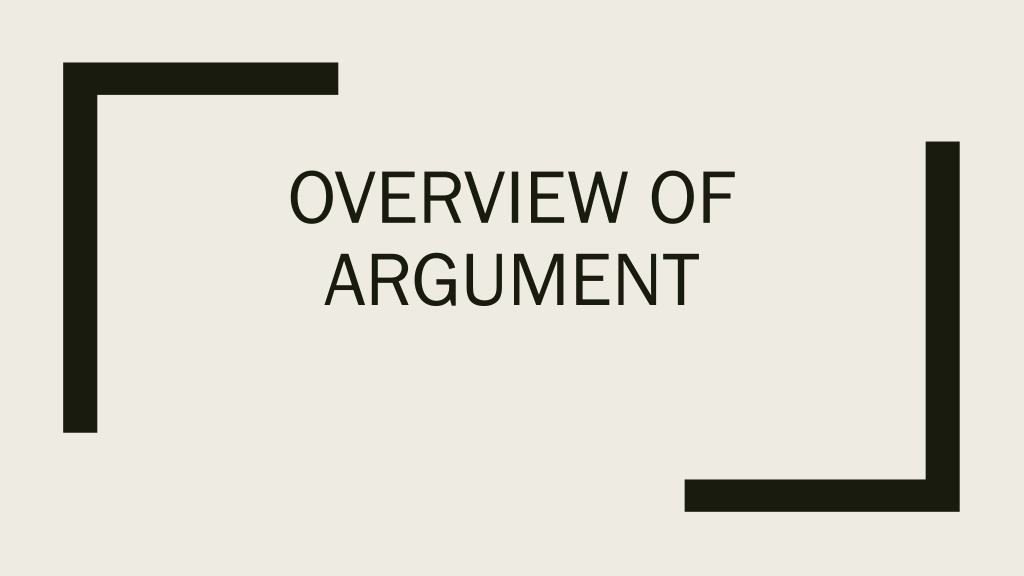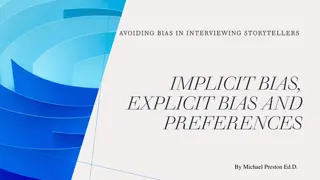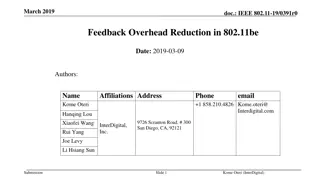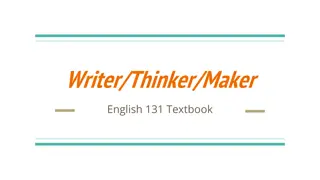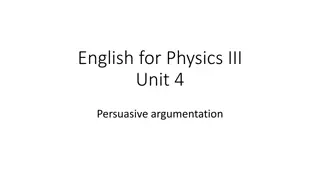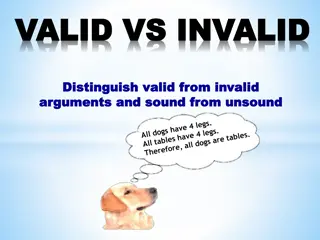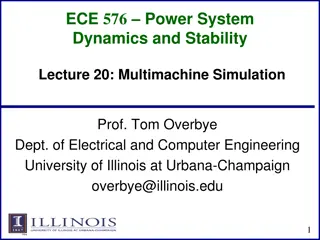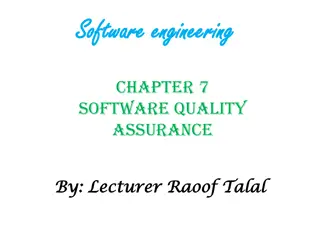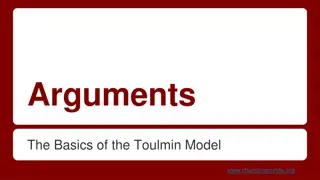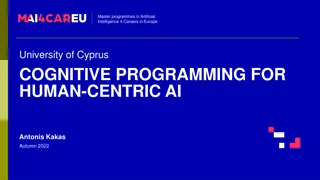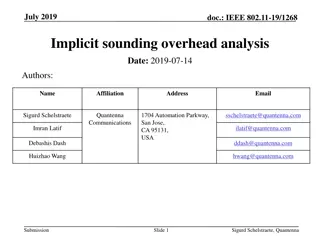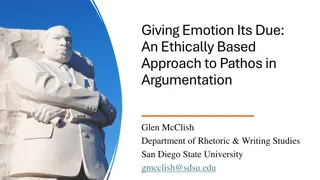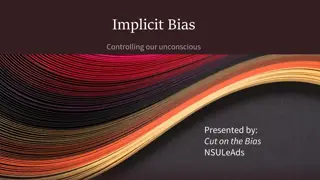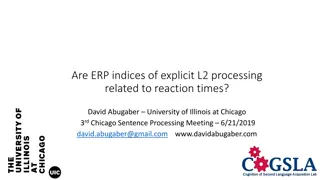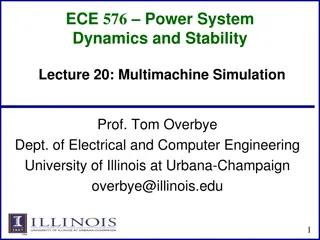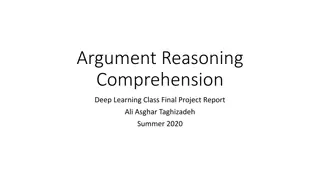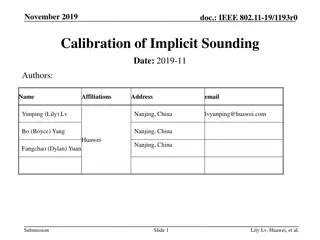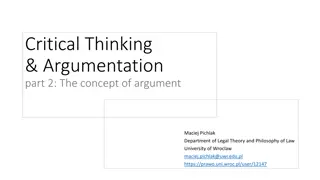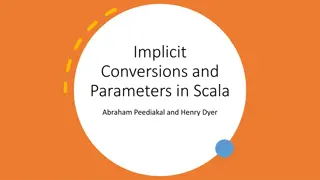Understanding Argumentation: Exploring Explicit and Implicit Arguments
Argumentation is a creative and productive activity that involves critical thinking and inquiry, often in conversation with respected individuals. While argument may seem like a fight or quarrel to some, it is actually a process aimed at finding the best solutions to complex problems rather than just winning debates. This analysis delves into the differences between explicit and implicit arguments, highlighting their importance in engaging in cooperative inquiry and seeking truth.
Download Presentation

Please find below an Image/Link to download the presentation.
The content on the website is provided AS IS for your information and personal use only. It may not be sold, licensed, or shared on other websites without obtaining consent from the author. Download presentation by click this link. If you encounter any issues during the download, it is possible that the publisher has removed the file from their server.
E N D
Presentation Transcript
OVERVIEW OF ARGUMENT
What is Argument? Is it a Is it a Fight Fight / / Quarrel Quarrel? ? Argument may connote anger & hostility to many people But it does NOT imply anger; it is often pleasurable It is a creative and productive activity that engages us at high levels of inquiry and critical thinking, often in conversation with people we like and respect
Is it Pro Is it Pro- -Con Debate? Con Debate? Debate is a formal contest of argumentation in which two opposing teams defend and attack a given proposition. It can develop critical thinking, but can turn argument into a game of winners and losers, not a process of cooperative inquiry Argument requires a desire for truth aims to find the best solutions to complex problems i.e. The aim of the argument is not to win but to find the best belief or course of action
Should Should argument argument be be explicit explicit or or implicit implicit? ? Can be either. Explicit argument: directly stating the controversial claim and supporting it with reasons and evidence Implicit argument: may not look like an argument can be in different forms e.g. A billboard, a poster, a cartoon,
What is the explicit argument in this text? An Argument Against Banning Phthalates (Blog post by student Juan Lucas) The campaign to ban phthalates from children s toys uses scare tactics that aren t grounded in good science. The anti-phthalate campaign shocks us with photos of baby bibs labeled poison. It arouses fear by linking phthalates to possible cancers or abnormalities in hormone production. In contrast, the scientific literature about phthalates is much more guarded and cautious. Political pressure has already led to a 2009 federal ban on phthalates used in toys that can be put in a baby s mouth, such as bottle nipples and teething rings. But based on the scientific evidence, I argue that further banning of phthalates from children s toys is a mistake. Despite the warnings from the anti-phthalates campaign, the federal Consumer Product Safety Commission, after extensive tests and review of the scientific literature, says that the level of phthalates absorbed from toys is too low to be harmful. No scientific study has yet demonstrated harm to humans. Moreover, humans are exposed to phthalates daily, especially from food packaging, plastic bottles, shower curtains, personal care products, and elsewhere. Banning phthalates in children s toys wouldn t significantly reduce human exposure to phthalates from other sources.
Look at the following pictures having implicit arguments and answer the questions
What is the arguments claim? i.e. What value, perspective, belief, or position does the argument ask its viewers to adopt?
What is an opposing or alternative view? What views is the argument pushing against?
Convert the implicit argument into an explicit argumentstate the claim.
What is the arguments claim? i.e. What value, perspective, belief, or position does the argument ask its viewers to adopt?
What is an opposing or alternative view? What views is the argument pushing against?
Convert the implicit argument into an explicit argumentstate the claim
